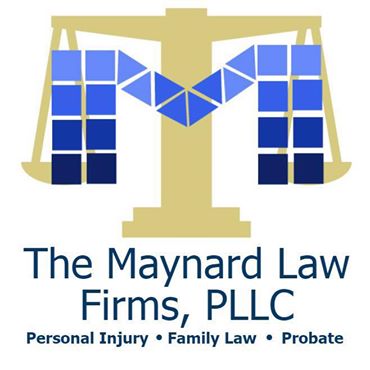Orphanage
What does Orphanage mean?
Religious orphanages were established in the United States in the 18th and 19th centuries but due to the increased concern of poor conditions including a lack of food, funding and mental health services after World War II many orphanages were closed. In the past few decades the United States has gradually replaced orphanages with smaller institutions such as group homes, foster homes or boarding schools. The foster system also offers highly structured environments, such as residential treatment centers, with intense treatment services for children and their families. They also can provide mental health services and recreation.
Proponents who advocate building orphanages argue more children could live in an orphanage, thus reducing the foster family deficit. Orphanages would also allow more children stability. They also argue the new orphanages could be better than what historically existed. Critics suggest a model orphanage could exist, but it would be the exception, not the rule. They also claim one of the current issues with the foster care system has less to do with the number of available foster homes and more to do with too many children being taken from their families only to languish in the foster care system.







